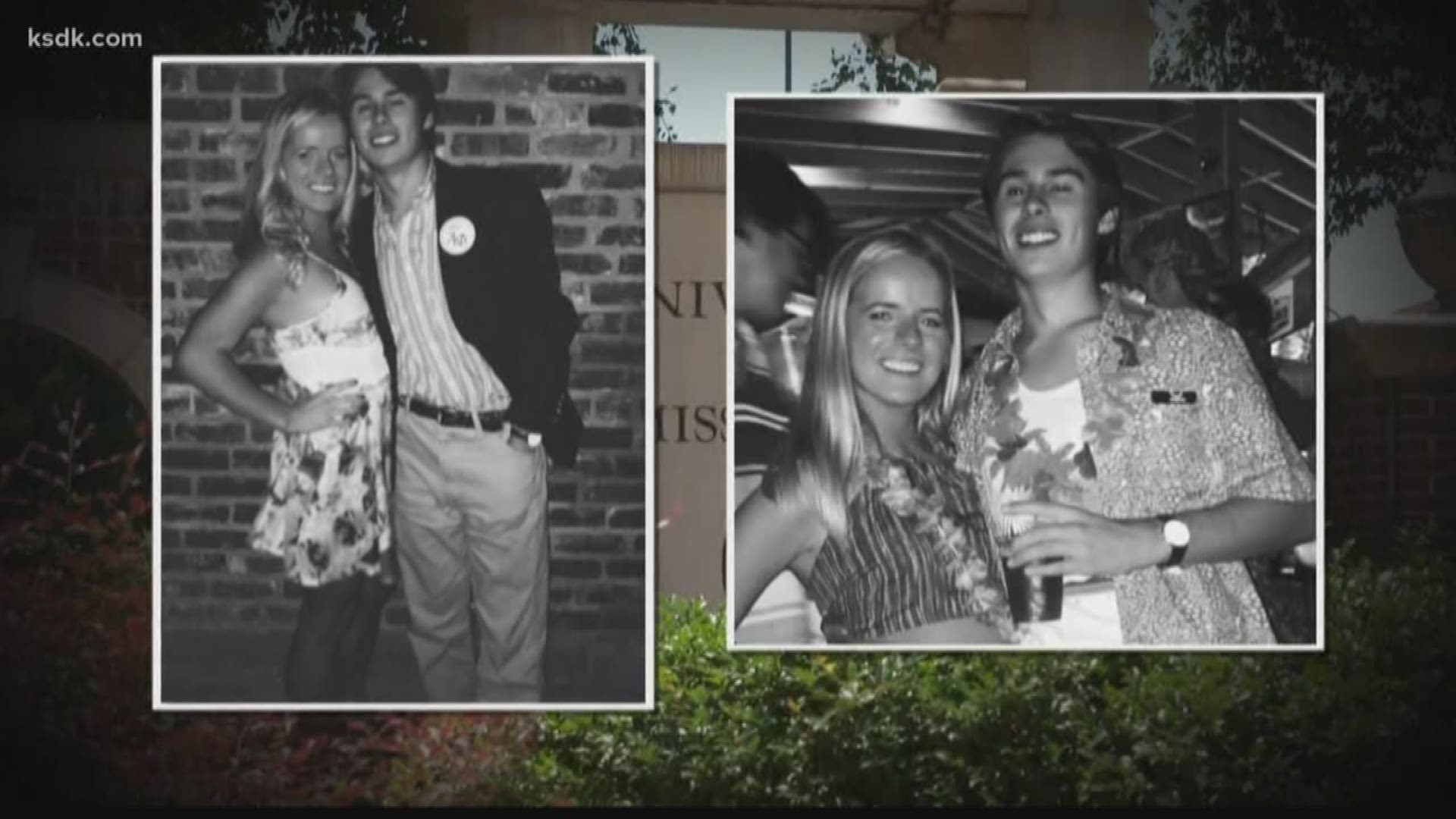ST. LOUIS — Ally Kostial knew the man accused of killing her. Photos circulating on social media show them together. A close friend of Ally, who did not want to be identified, told 5 On Your Side the two had an on-again, off-again relationship which was troubled at times.
“It happens over time, a gradual build-up, usually starts with jealousy, manipulation, shame or guilt and then escalating as the relationship continues,” said Jess Cowl, Safe Connections Director of Crisis and Prevention.
Safe Connections provides help for people in abusive relationships. It also provides education and outreach.
“What we see among young people is around technology, so a partner wanting to make sure they have access to you at all times, texting repeatedly and getting upset or frustrated that they're not getting ahold of you,” Cowl said.
Another sign of a potentially troubled relationship that parents should watch out for is isolation.
“If someone is used to getting check-ins regularly and all of a sudden, that stops, that's a pretty good indicator something is going on that's a bit more serious,” Cowl said.
Cowl said prevention is critical. Safe Connections counselors talk with students all over St. Louis about the differences between a healthy relationship and an unhealthy one. The presentations start in middle school and continue through college.
“We talk about respect, trust, communication, quality in the relationship,” Cowl said. “It should be balanced between two partners.”
Cowl said parents should create an open dialogue with their teen and let them do most of the talking.
“I would recommend any open-ended conversations and questions, and just leaving it open-ended is going to give that young person a little more space to maybe say things that you wouldn't maybe know to ask,” Cowl said.
If you need help or know of someone who does, you can call Safe Connections' crisis hotline: 314-531-2003.

